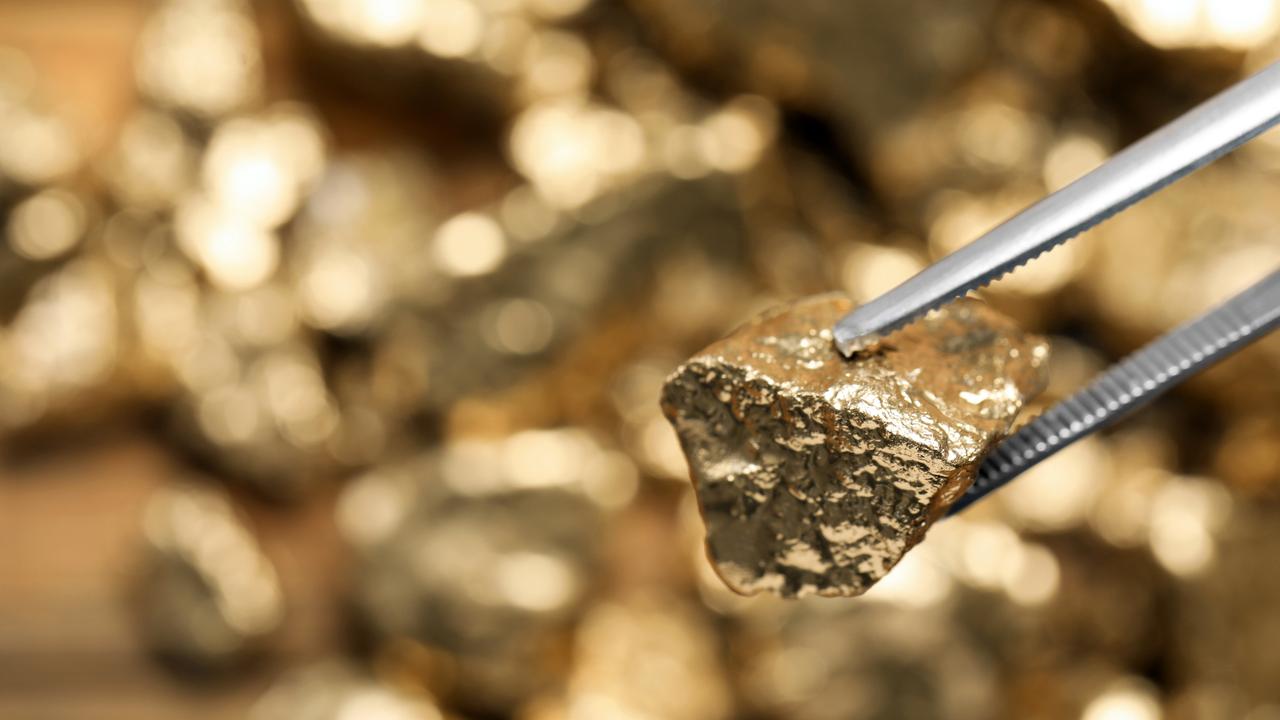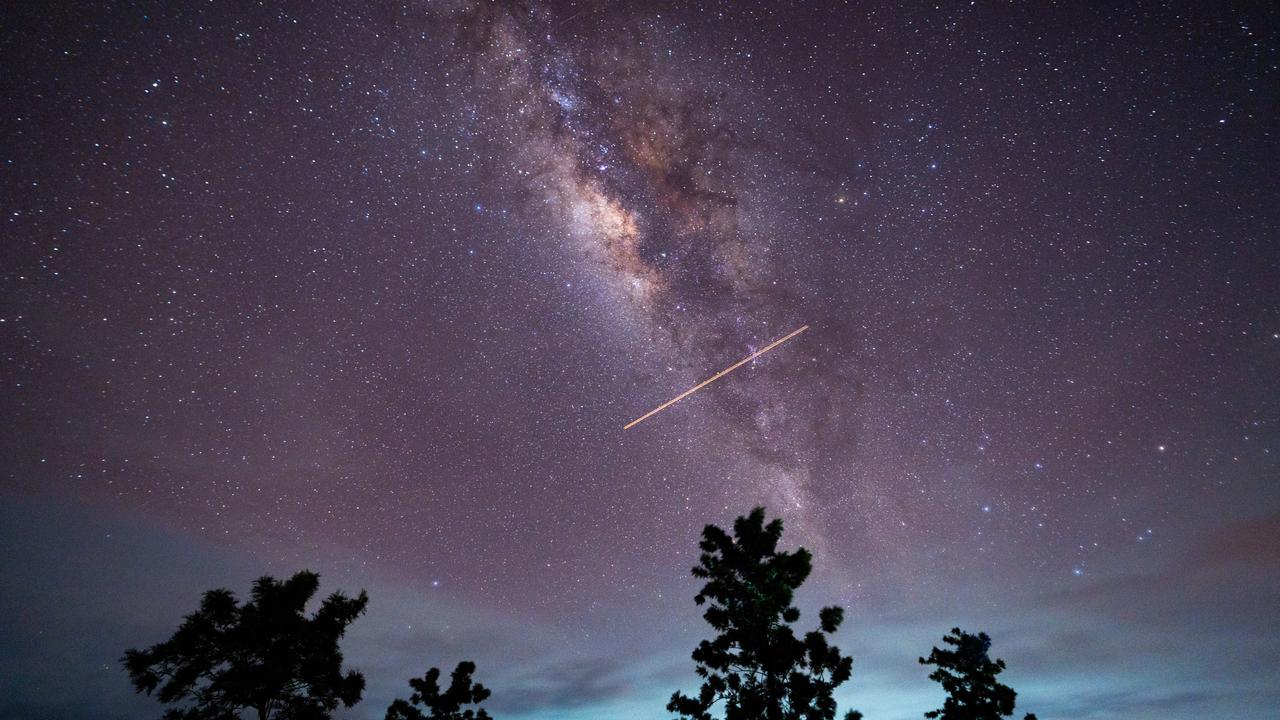Scientists reveal how they feel about climate change in handwritten letters and photos
WHAT is this man scared of? It is the same thing that is making others nervous, worried, anxious and curious.

SCIENTISTS can be a practical bunch, they deal with facts, data, hard evidence. But even scientists can lose their s*** sometimes and now they are revealing how they really feel.
Academics from around Australia have posed for striking photographs, while others have put their feelings about climate change in handwritten letters as part of two independent projects.
In one masters project, Australian National University student Joe Duggan contacted scientists and asked them to write the letters about how they felt about climate change.
“What follows are the words of real scientists. Researchers that understand climate change,” states the Is This How You Feel website, where Duggan is publishing the letters.
The letters feel more personal because they are handwritten and the passion, frustration and anxiety is palpable in some of them.
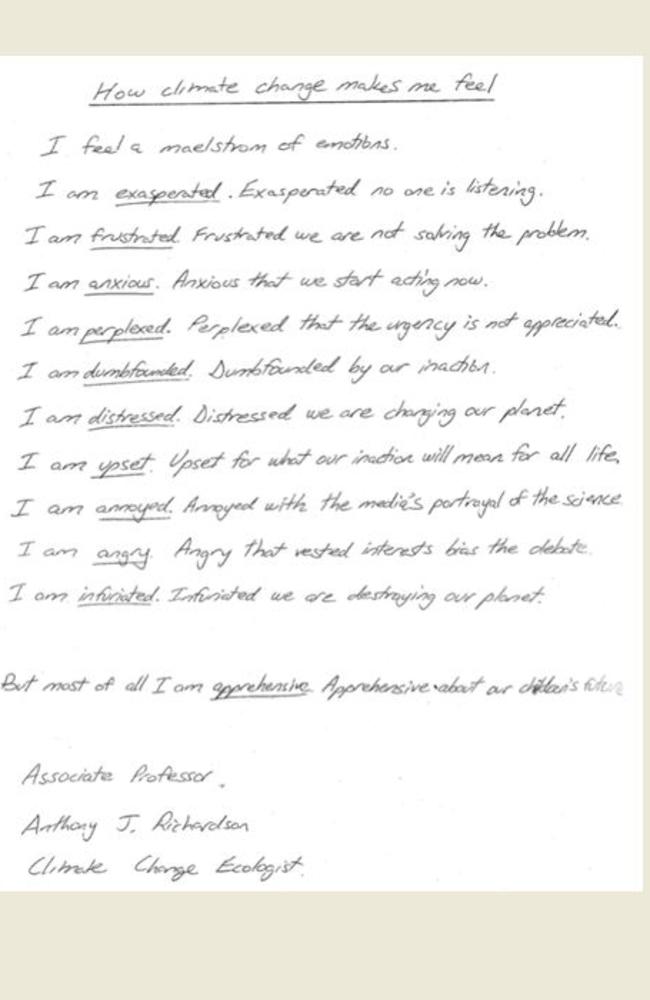
But there is also guilt that they too are left feeling apathetic because of the lack of action and interest in tackling the problem.
A letter from Dr Ailie Gallant of Monash University reflects many of her fellow scientists views: “I hate feeling helpless. I’m ashamed to say that, sometimes, my frustration leads to apathy. I hate feeling apathetic.
“All I can hope is that people share my optimism and convert it into Action.”
Duggan told news.com.au that scientists were generally called on to communicate with the public about climate change using data and clinical prose but it occurred to him that this might not be the best way, and perhaps giving them an opportunity to express their passion might be a way of cutting through the apathy that many people felt about the issue.
“I’m not trying to convert denialists, I’m trying to reach people who are apathetic, who don’t have an opinion, to show them that climate change is relevant to them,” Duggan said.
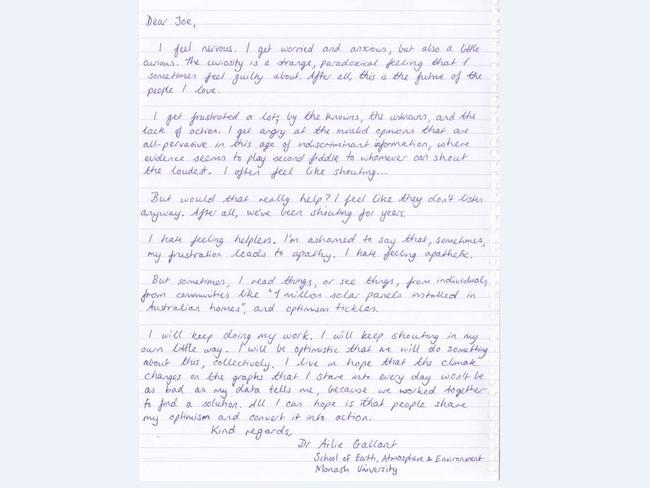
On another website launched this month scaredscientists.com, some of Australia’s top minds have posed for striking portraits and describe what they are most scared of.
This includes earth system scientist Will Steffen of the Australian National University, who says his biggest fear is the loss of control of the climate system.
“If we push the climate too far, if we start losing ice too rapidly, start flipping things like the Amazon, then the internal dynamics of the climate will take over - and even if we pull emissions back, we won’t be able to stop very large changes - that’s my biggest fear.
“The thing people don’t realise, is getting emissions down is not only feasible but economically promising and will actually lead to a better life.”
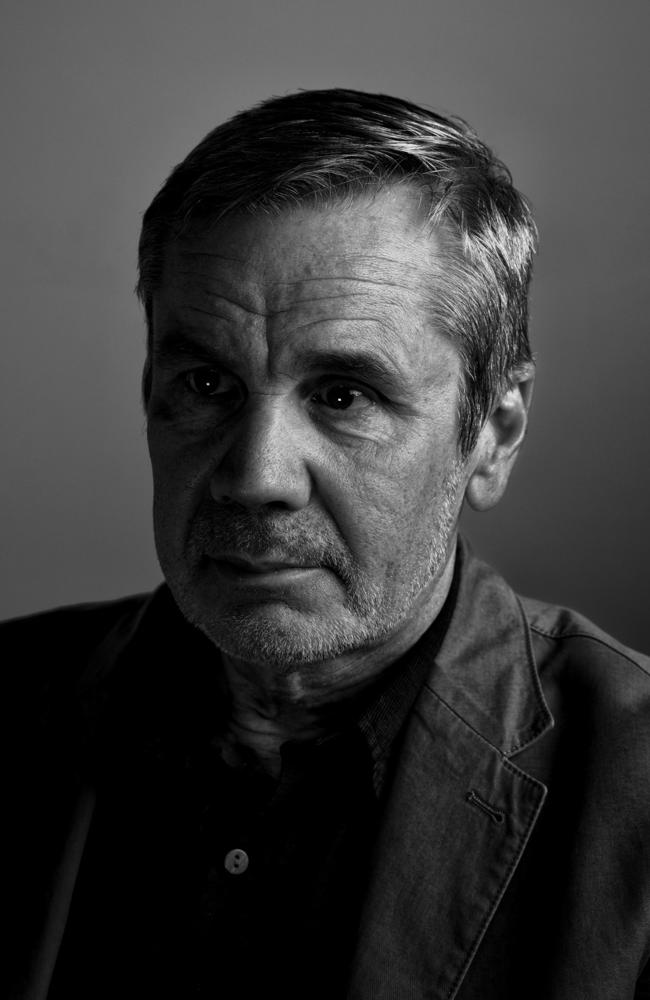
One of the founders of the site, photographer Nick Bowers said the project was a labour of love that came about after conversations with two fellow creatives copywriter Rachel Guest and art director Celine Faledam.
“We were interested in environmental issues and discussed this constantly among ourselves, we all have young kids,” Bowers said.
“We wanted to try and bring authenticity and humanity to this issue.”
He said the scientists were photographed while they were being interviewed. This includes many prominent names such as mammologist and palaeontologist Tim Flannery.
Bowers said he thought scientists were more willing in recent years, to put forward their personal views as the information around climate change had become overwhelming.
“There’s more evidence of rapid change in climate and that it is going to effect us,” Bowers said.
While some critics have suggested climate scientists are motivated by grant money, Bowers said he got the sense that they just wanted the debate to move on so they could do other science.
“They want to get on with doing other stuff, they are sick of trying to spruik this stuff themselves.”
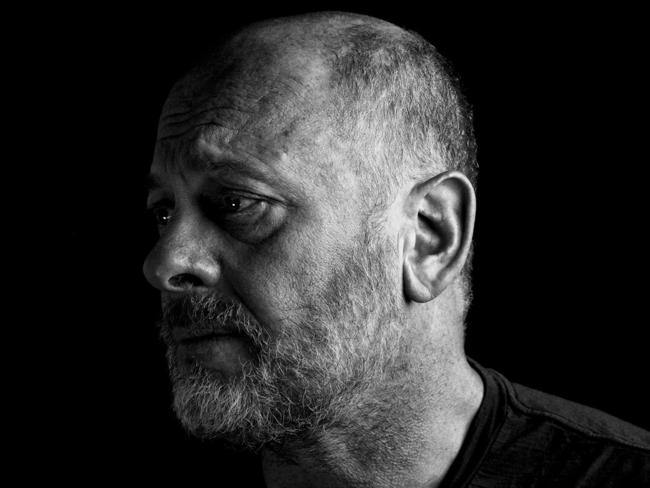
Duggan has also experienced a strong response from scientists willing to put forward their views. He said he had received about 20 letters from scientists in Australia and estimated that about 70 to 80 per cent of those he had contacted had responded.
“The thing that hits me the most, are that these people are the ones that understand the facts, that understand the data and can pass judgment on climate change and they’re scared. They are literally scared for the world they are leaving behind for their children.
“They get the statistics, they get the facts and they are scared.”
However, Duggan said that while he expected that fear would be the overriding sentiment, he did not expect how optimistic the scientists would be.
“They expressed optimism as well, even with all the problems, there was optimism that they could reach their goals.”
.@kellyrigg This is how Assoc Prof K. Meissner feels about #climatechange #isthishowyoufeel http://t.co/3oed392gE0 pic.twitter.com/RGG5mSGQiq
— Is This How You Feel (@ITHYF_Letters) August 25, 2014WHAT THEY SAY
Associate Professor Kevin Walsh of the University of Melbourne writes: “I wish that climate change were not real. Life would be so much simpler if climate change didn’t exist. But as scientists, we don’t have the luxury of pretending.”
ARC Future Fellow, Associate Professor Katrin Meissner, states: “It makes me feel sick. Looking at my children and realising that they won’t have the same quality of life we had. It scares me more than anything else. I see a group of people sitting in a boat, happily waving, taking pictures on the way, not knowing that this boat is floating right into a powerful and deadly waterfall.”
While Professor AJ Pitman of the University of NSW said: “I feel scared that I cannot trigger action. I feel scared about what the future brings. But most of all, to be honest, I feel challenged by the science, I feel invigorated by how bright my group is and I feel very lucky that each day brings new challenges to confront and sometimes to overcome.”
#isthishowyoufeel @ITHYF_Letters Excuse the handwriting ... pic.twitter.com/CcBbBXpjuu
— Willem Huiskamp (@WillemHuiskamp) August 20, 2014His colleague, senior lecturer Alex Sen Gupta said: “I feel concerned that unmitigated our inaction will cause terrible suffering to those least able to cope with change and that within my lifetime many of the places that make this planet so special - the snows on Kilimanjaro, the Great Barrier Reef, even the ice covered Arctic will be degraded beyond recognition - our legacy to the next generation.
“I also feel a glimmer of hope. China and the USA are starting to move in the right direction and beginning to show some global leadership on this issue, even if Australia is backtracking again to a position of laggard and obstructionist.”
INTEREST IS GROWING
Duggan only contacted scientists in Australia whose research revolves around climate change such as marine scientists, mathematicians, ecologists and climatologists, but the project has also started to resonate with academics overseas.
He said he hoped the project would continue to grow, and was willing to keep it going even after he finishes his masters.
“This is not the only way to communicate climate change, but it is one way. We need to kill apathy through death by a thousand cuts. Maybe this can be one cut.”
How does #climatechange make you feel? #isthishowyoufeel @ITHYF_Letters @biolumiJEFFence pic.twitter.com/uTLjToaTXp
— Trevor Bringloe (@TBringloe) August 22, 2014How does #climatechange make me feel?... #isthishowyoufeel @ITHYF_Letters pic.twitter.com/hQaZerK3Jl
— Jeff Clements (@biolumiJEFFence) August 21, 2014


